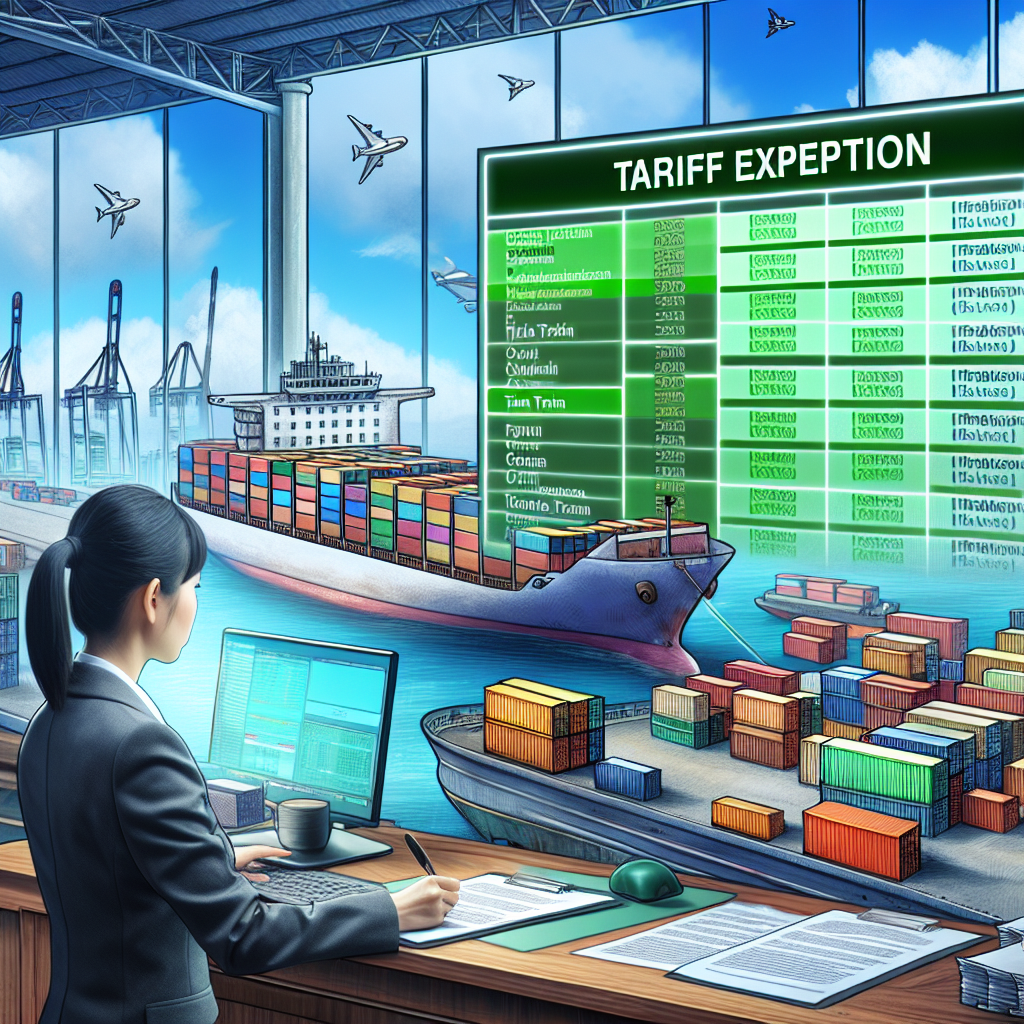Brazil Downplays Impact of New U.S. Tariffs
Brazil anticipates minimal impact on its economic growth from U.S. tariffs announced by President Trump. While certain manufacturing sectors, like aerospace, could face challenges, the government expects to redirect exports to other markets. Brazil's economy is projected to grow by 2.5% this year.

Brazil's government has downplayed the potential impact of a 50% U.S. tariff on all its goods, as announced by President Donald Trump earlier this week. Officials say the overall effect on the country's economic growth will be minimal this year.
The new tariffs, set to begin on August 1, will significantly affect only certain manufacturing sectors, as the U.S. is a major importer of Brazilian commodities like oil, steel, pulp, coffee, and beef. Officials argue these goods can be redirected to other global buyers. According to the finance ministry, basic goods—which dominate exports to the U.S.—are easier to reroute than manufactured products.
Specifically, the aerospace industry could suffer since the U.S. is a significant market for Brazilian planemaker Embraer. Nevertheless, Brazilian President Luiz Inacio Lula da Silva has committed to finding new markets, asserting that Brazil can thrive without the U.S. market. Despite the 12% export share to the U.S., China's larger 28% share has been increasingly crucial. China's government also criticized the tariffs, as they coincide with legal proceedings against former Brazilian President Jair Bolsonaro, accused of plotting a coup.
(With inputs from agencies.)
- READ MORE ON:
- Brazil
- U.S.
- tariffs
- economic growth
- manufacturing
- sectors
- diversification
- exports
- trade
- impact
ALSO READ
Digital transformation powers green shift in China’s manufacturing sector
India's Family Offices Transform: Diversification & Global Expansion
Vipul Organics Ltd Expands into Membrane Manufacturing for Water Treatment
Rithala Blaze: Tragic Inferno at Delhi Manufacturing Unit
Manufacturing Sector Sees Growth Surge in 2024-25










